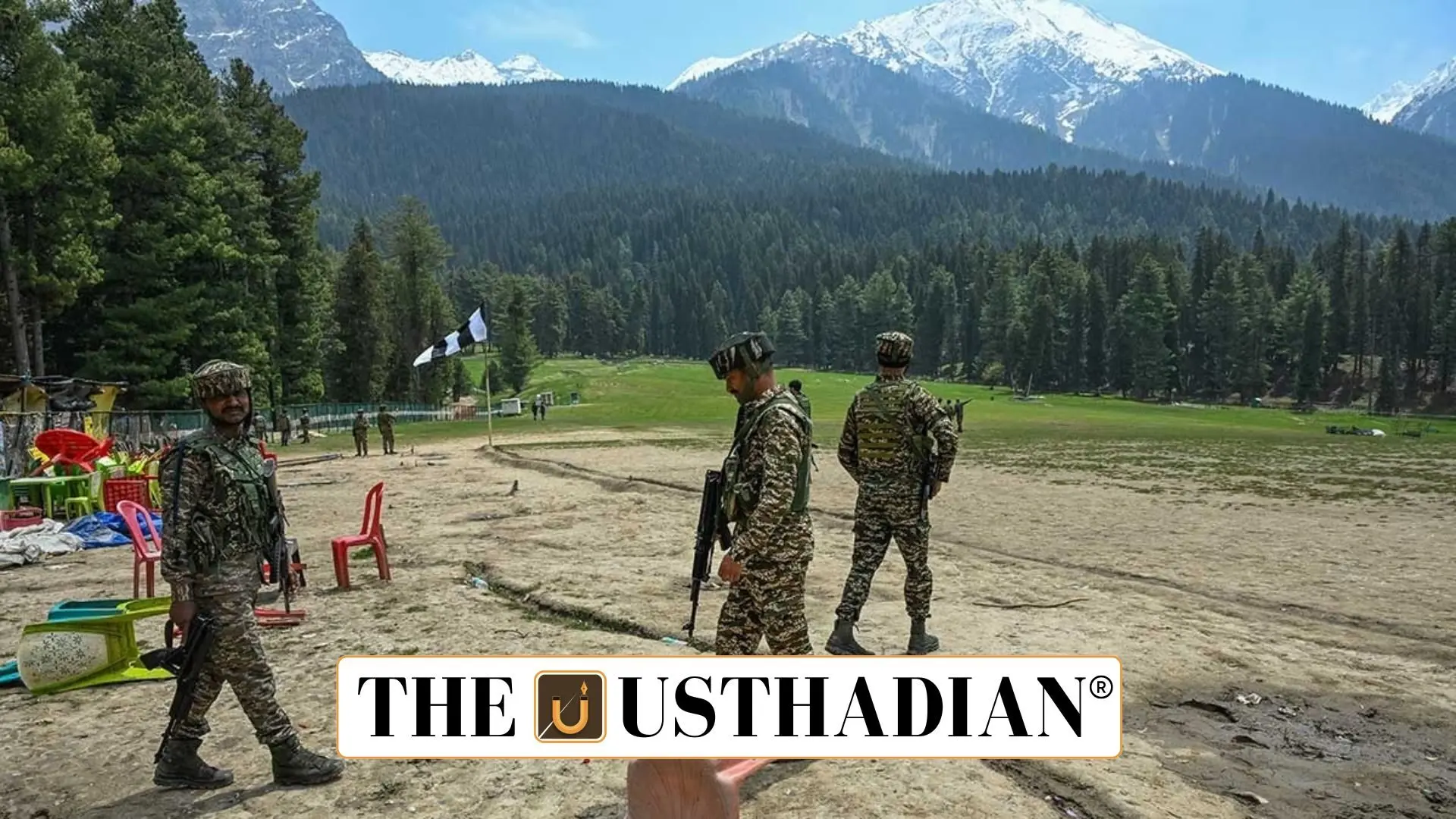CCS Reacts to the Pahalgam Attack
India’s Retaliatory Response to Pahalgam Terror Attack: CCS Unveils Five-Point Strategy: Following the tragic terrorist attack in Pahalgam on April 22, 2025, which resulted in the death of 26 civilians, including a foreign tourist, the Cabinet Committee on Security (CCS) convened an emergency meeting. Chaired by Prime Minister Narendra Modi, the CCS—comprising ministers from Defence, Home, Finance, and External Affairs—formulated a five-point response plan aimed at intensifying diplomatic and strategic pressure on Pakistan. This decisive action marks a significant escalation in India’s security and foreign policy approach.
Major Countermeasures Announced
As part of its response, the CCS announced the suspension of the Indus Waters Treaty (IWT), a long-standing agreement on water sharing between India and Pakistan. In addition, the Attari-Wagah border crossing has been shut down, cutting a vital land route between the two nations. India also withdrew from the SAARC Visa Exemption Scheme (SVES), which had facilitated visa-free travel for key South Asian dignitaries including MPs, diplomats, and journalists. Further, Pakistani military advisors posted in New Delhi have been expelled, and India’s diplomatic staff in Islamabad will be reduced from 55 to 30 officials.
Historical and Strategic Context
The Cabinet Committee on Security (CCS) plays a crucial role during national crises, having met during pivotal moments such as the Kargil conflict and the IC 814 hijacking. The suspension of the Indus Waters Treaty, originally signed in 1960, marks a dramatic shift in India’s water diplomacy. While full diversion of river flows may require infrastructure upgrades, the decision sends a strong political message and could restrict Pakistan’s access to Indian-controlled hydroelectric projects like Kishenganga and Ratle.
Regional Fallout: SAARC and Diplomatic Strain
India’s decision to revoke the SAARC Visa Exemption Scheme, which began in 1992, weakens regional cooperation and expresses its dissatisfaction with Pakistan’s alleged support for cross-border terrorism. The expulsion of military advisors and downsizing of diplomatic presence further indicate a deliberate reduction in bilateral engagement and diplomatic backchannels, impacting both political and cultural exchanges.
Ground-Level Security Operations
Meanwhile, Indian security forces have launched intensive search operations in Jammu & Kashmir to trace the seven suspected terrorists involved in the Baisaran attack. Initial intelligence points to the involvement of Pakistani nationals, prompting growing domestic pressure for a firm response. The government has reiterated its resolve to ensure justice and prevent future attacks by tightening internal security and external deterrence.
STATIC GK SNAPSHOT
India’s Retaliatory Response to Pahalgam Terror Attack: CCS Unveils Five-Point Strategy:
| Topic | Details |
| Attack Location | Baisaran, Pahalgam, Jammu & Kashmir |
| Date | April 22, 2025 |
| Cabinet Committee on Security (CCS) | India’s top national security decision-making body |
| Key Measures Taken | Indus Waters Treaty suspended, Attari-Wagah border closed, SAARC Visa Exemption Scheme revoked |
| SAARC Visa Scheme | Introduced in 1992 for 24 categories of dignitaries |
| Indus Waters Treaty | Signed in 1960; mediated by the World Bank |
| Diplomatic Action | Pakistani military advisors expelled, Indian mission in Islamabad downsized |
| Historical Precedents | CCS met during Kargil War and IC 814 hijacking |
| Current Security Action | Anti-terror operations launched to apprehend the attackers |








